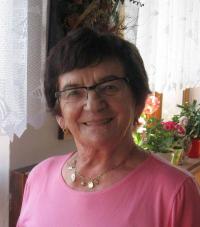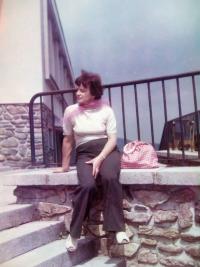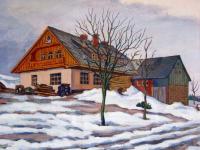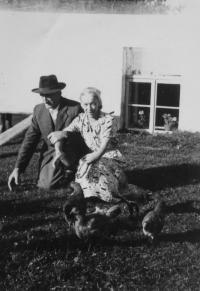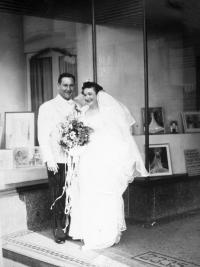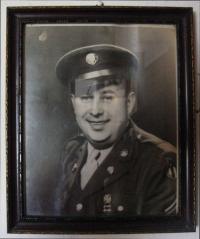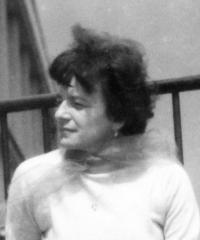„It was a terrible feeling to see the wire fence and soldiers in the forest.“

Stáhnout obrázek
Růžena Grubrová was born on the first of September, 1934 in the settlement Churáňov in the Šumava Mountains. Her parents, Mr. and Mrs. Pešl, owned a guesthouse there. Her father and two uncles were arrested during the war for violation of economic regulations, and her father was sentenced to 14 months. In 1944, the authorities accommodated „national guests“ in the guesthouse: German families. In May 1945, the guesthouse provided accommodation for a unit of American soldiers. After 1948, the Pešl family lost their business concession, but they continued to live in the house. After the closure of the state border, the family guest house became included in the restricted border zone. The Pešl family successfully resisted the pressure to join the Unified Agricultural Cooperatives. However, Růžena Grubrová was not allowed to study and her father and mother were earning their living as forest workers. The Border Guard suspected Růžena‘s father of guiding people over the border, therefore he was under continuous surveillance. Růžena trained as a shop assistant in the Pramen company. In 1953, she married and gave birth to a son. In the second half of the 1950s, she was gradually renovating the family guesthouse and she began accepting guests again. At the same time, she worked as a receptionist in a nearby hotel. The guesthouse business became fully re-established after 1989.
